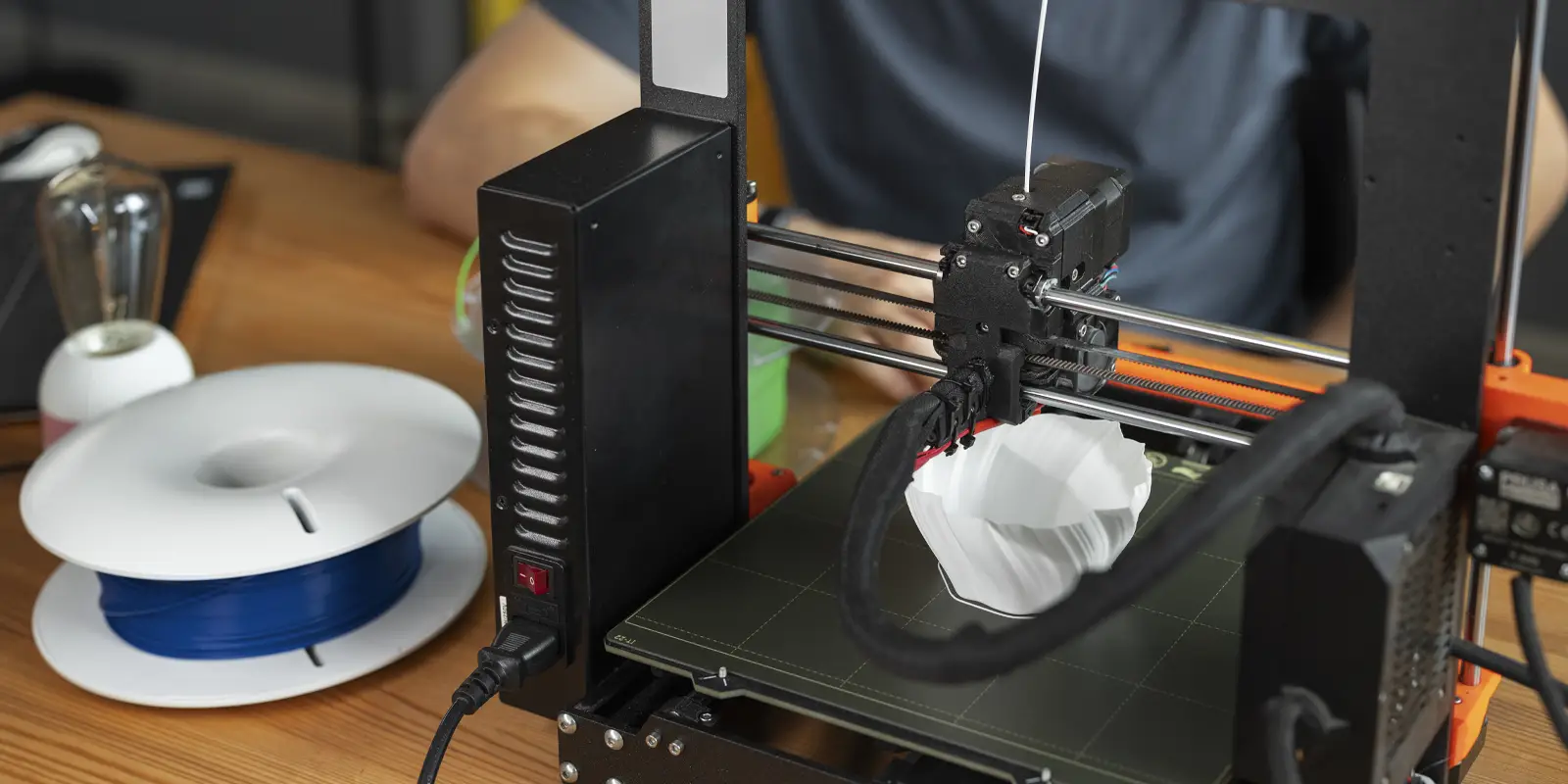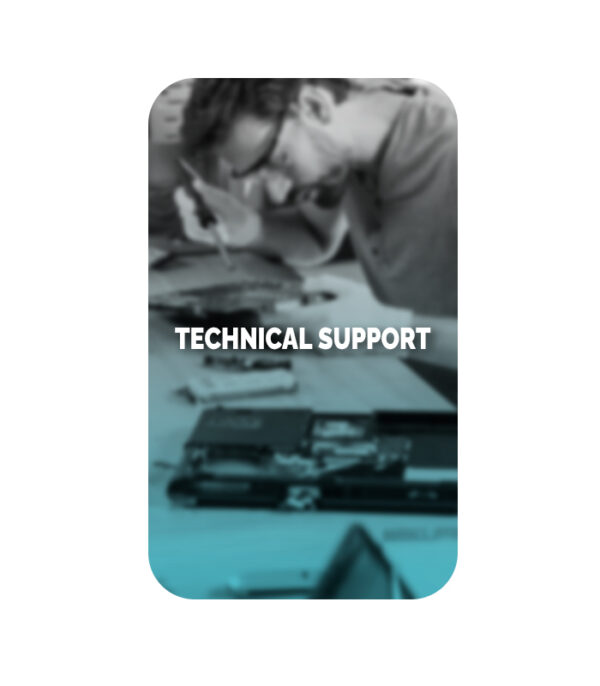In the rapidly evolving world of additive manufacturing, the technical support plays a crucial role in maintaining the efficiency and productivity of 3D printers. Whether you are a hobbyist, a small business owner, or part of an industrial operation, having access to timely and reliable technical support is not just helpful—it is essential. The success of your 3D printing projects often depends on how quickly issues are resolved and how well your equipment is maintained.
Why Technical Support Is Essential in 3D Printing
The technology behind 3D printing is complex. Machines operate with a combination of mechanical, electrical, and software systems that must function in harmony. When even one of these components fails, the printing process can come to a halt. This is where technical support becomes invaluable. Expert support can diagnose problems quickly and offer practical solutions that minimize downtime.
Moreover, 3D printing involves a wide range of materials and techniques. Each of these variables can present unique challenges. For example, printing with metal or carbon fiber composites requires specialized settings and maintenance protocols. Without proper guidance, users can easily waste time and resources. Technical support provides not just troubleshooting, but also education on best practices.

Another critical aspect is software. Slicer programs, firmware updates, and connectivity issues are all common sources of frustration. With professional support, users can stay updated and operate their printers with greater confidence. Importantly, support teams often offer remote assistance, ensuring help is available no matter your location.
Additionally, preventive maintenance is another area where technical support proves its value. Instead of waiting for a breakdown, trained technicians can perform regular checkups. This proactive approach extends the life of your equipment and maintains print quality over time.

Choosing the Right Technical Support for Your Needs
Not all technical support is created equal. It is important to evaluate the quality and responsiveness of the service provided. Some manufacturers include technical support with the purchase of their printers, while others offer it as a paid subscription. When choosing a support plan, consider availability, communication channels (such as phone, email, or live chat), and the expertise of the staff.
Also, the best support teams don’t just fix problems—they help you grow. Look for providers that offer training sessions, detailed documentation, and active user communities. These resources empower users to become more self-sufficient, reducing the need for frequent assistance.
It’s also wise to seek technical support that specializes in your particular printer model or industry application. A technician familiar with resin printers, for instance, will offer different insights than one who works primarily with FDM systems. Specialized support ensures faster diagnosis and more accurate solutions.
Finally, consider customer reviews and testimonials. These can reveal a lot about the reliability and effectiveness of a support team. Many users share stories of how quality support saved important projects or helped them overcome technical challenges.
Conclusion: The Power of Expert Support in 3D Printing
To sum up, technical support is a cornerstone of successful 3D printing. It ensures minimal downtime, enhances machine longevity, and boosts user confidence. From troubleshooting and maintenance to training and software updates, technical support transforms a complex process into a manageable and rewarding experience.
Investing in high-quality technical support is not just a safety net—it’s a strategic decision that leads to better prints, lower costs, and faster innovation. As 3D printing technology continues to grow, the value of expert guidance will only increase. Choose wisely, and your 3D printing journey will be smoother, smarter, and far more productive.





